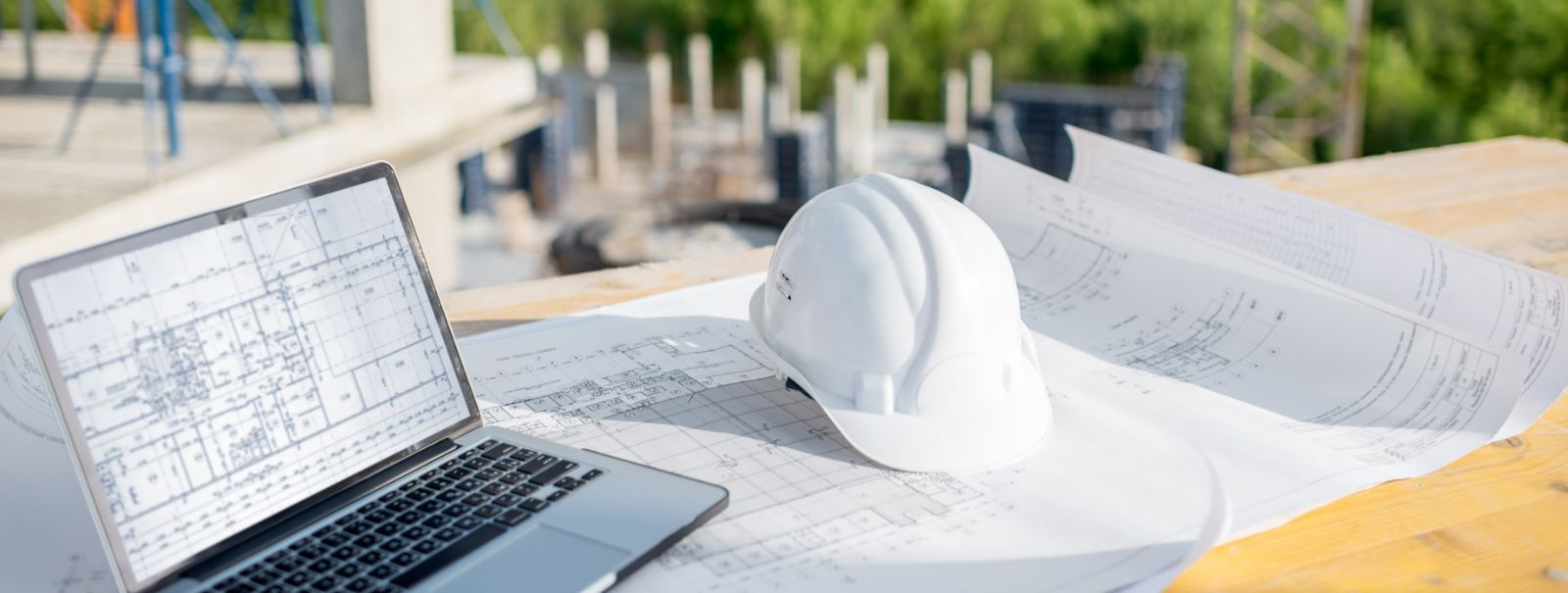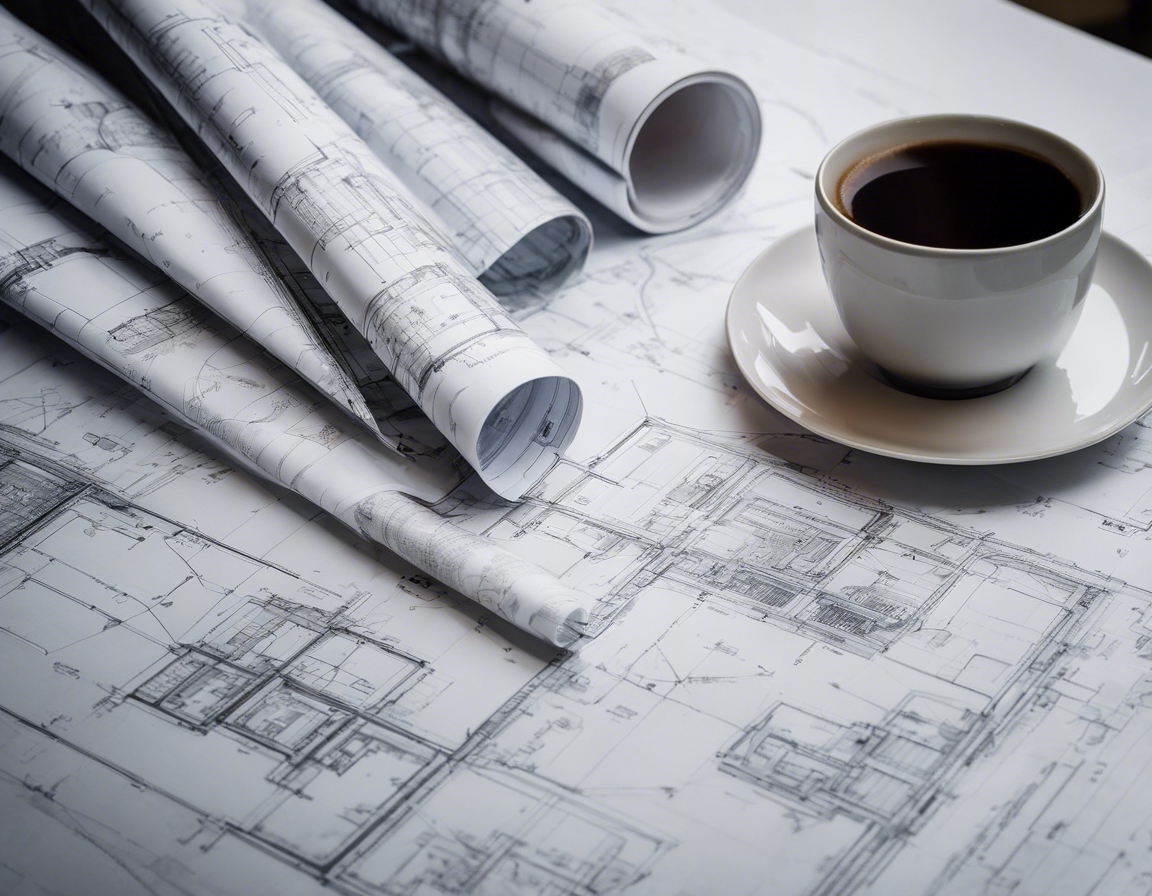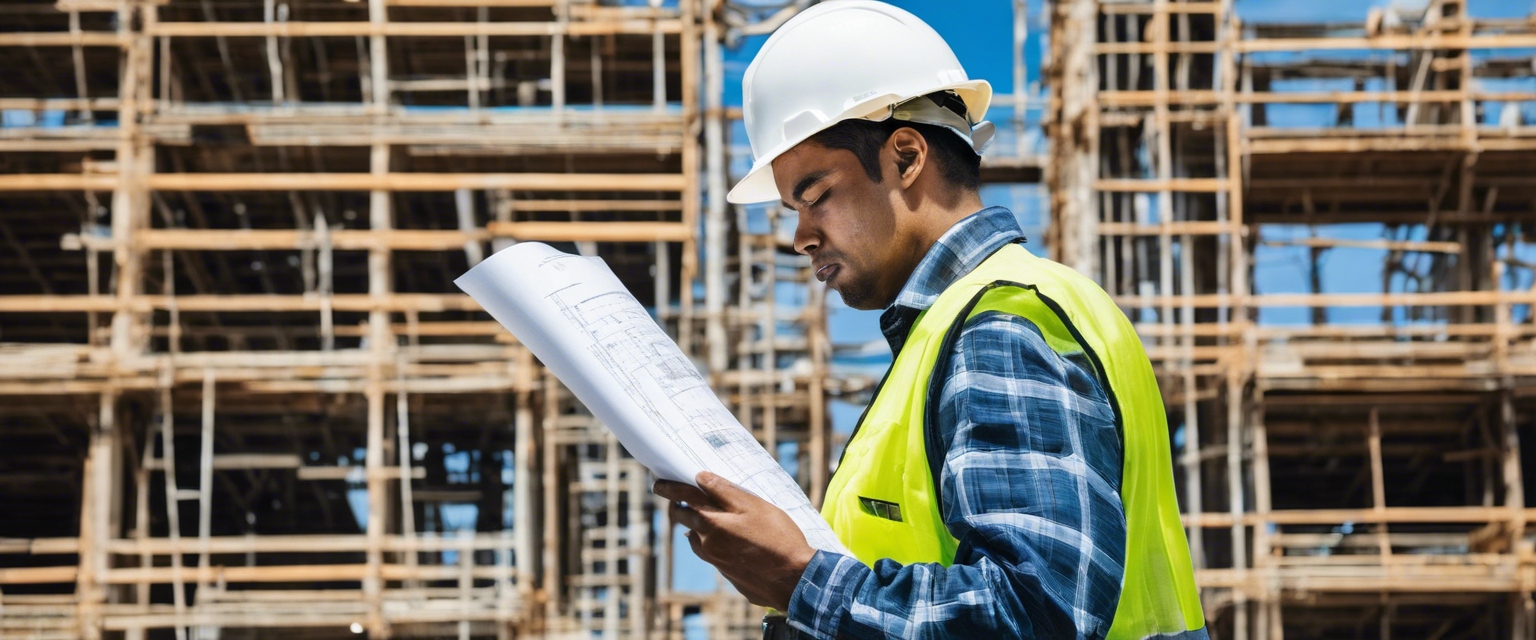How to choose the right construction partner
Before embarking on the journey of selecting a construction partner, it is crucial to have a clear understanding of your project scope. This involves outlining the size, type, and specific requirements of your construction project. Whether it’s a residential development, commercial building, or a mixed-use project, defining the scope will guide you in identifying the right partner who can meet your expectations.
Once the scope is defined, pinpoint the key requirements that are non-negotiable for your project. This could include timelines, budget constraints, specific materials, or sustainability goals. Having a list of these requirements will help you filter potential partners who align with your project’s vision and objectives.
Evaluating Experience and Expertise
Experience is a critical factor when choosing a construction partner. Review their portfolio to assess the types of projects they have completed in the past. Look for similarities in scale and complexity to your own project. This will give you confidence in their ability to deliver on your specific needs.
Certifications and accreditations are indicators of a company’s commitment to quality and industry standards. Ensure that your potential partner holds relevant certifications that demonstrate their expertise and adherence to best practices in construction.
Prioritizing Innovation and Sustainability
In today’s rapidly evolving construction landscape, innovation is key. Choose a partner who is at the forefront of modern architectural trends and can incorporate cutting-edge technologies into your project. This not only enhances the aesthetic appeal but also improves functionality and efficiency.
Sustainability is no longer optional; it’s a necessity. Evaluate your potential partner’s commitment to sustainable practices. This includes their approach to energy efficiency, waste management, and the use of eco-friendly materials. A construction partner who prioritizes sustainability will help you achieve a project that is both environmentally responsible and cost-effective in the long run.
Assessing Communication and Collaboration
Effective communication is the backbone of any successful construction project. Ensure that your partner values transparency and keeps you informed at every stage of the project. This includes regular updates, open discussions about challenges, and collaborative problem-solving.
The ability to work well with others is crucial in construction. Assess the team dynamics of your potential partner. A cohesive team that collaborates effectively will ensure smoother project execution and a more enjoyable working relationship.
Reviewing Financial Stability and Pricing
Cost is a significant factor in choosing a construction partner. Understand their pricing model and ensure it aligns with your budget. Be wary of partners who offer significantly lower prices, as this may indicate compromises in quality or hidden costs.
Financial stability is a sign of a reliable partner. Review their financial health to ensure they have the resources to complete your project without delays or disruptions. This includes checking their credit ratings and financial statements if available.
Verifying References and Reputation
Client testimonials provide valuable insights into a construction partner’s reliability and quality of work. Reach out to past clients to gather feedback on their experiences. This will help you gauge the partner’s strengths and areas for improvement.
In addition to testimonials, online reviews can offer a broader perspective on a construction partner’s reputation. Look for consistent patterns in feedback, both positive and negative, to make an informed decision.






Comments (0)